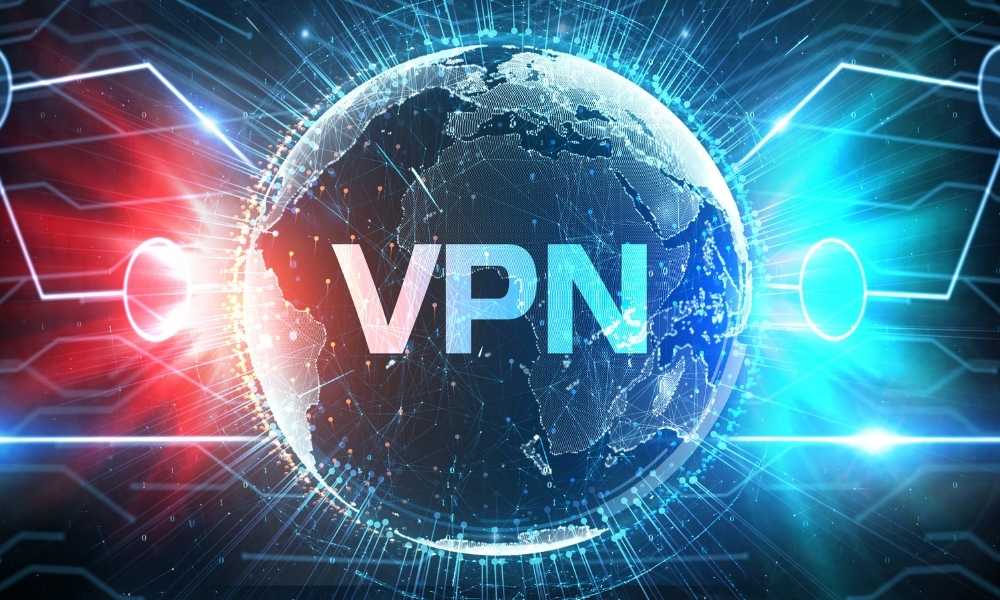A virtual private network, or VPN, functions as a guardian, protecting your private network from the prying eyes of hackers and other public internet platforms while you’re online.
VPN stands for virtual private network, and it conceals your IP address and assures that your online surfing history is untraceable. It functions as a private vehicle that encrypts your internet data before transporting it to your destination over a public platform.
Several VPN companies provide customized add-on features and various tariff plans; check here for more information on choosing the best one.
As the phrase goes, “every coin has two sides,” and technology has advantages and disadvantages. So, let us provide you with some facts to assist you in determining whether or not you require it.
VPN’s Benefits
-
Security and Privacy
In today’s world of advanced internet technology, where we all benefit from its benefits in every aspect of our lives, our privacy and online identity have been compromised.
As a result, we’re more vulnerable to identity theft, online fraud, and scams, among other security threats.
A powerful network protects users, whether individuals or enterprises, against data and privacy intrusions when accessing the Internet.
The prevalence of free and open WIFI networks in public places and our desire to utilize them has increased the risk to our gadgets. This is where a VPN can help you protect and hide your online identity, making it more difficult for others to monitor you.
-
Accessibility
Working from any location in the world is possible with a connection. Furthermore, offering a secure link between computers in faraway places allows enterprises to connect their human resources to a single platform while ensuring smooth online operations.
-
Control of Data and Bandwidth
A virtual private network is a tool that prohibits your public internet provider from monitoring and regulating your bandwidth usage, resulting in higher internet speeds and online functionality.
Additionally, because a VPN uses its servers to route data and is not constrained by demographical limits, it aids in accessing websites without censorship.
-
Low-cost and Simple Installation Of VPN
VPN is simple to set up a your business or home, and it doesn’t necessitate the creation of a powerful network infrastructure because the provider has already done so.
When employees need to travel internationally, a VPN can provide them with remote access to their laptops and e-mail, avoiding paying extra for international phone calls or roaming fees when they don’t have an Internet connection.
VPN’s drawbacks
-
Complete Anonymity?
When visiting the web, no VPN, no matter how powerful, can ensure the complete safety of your online identity.
Many browsers use cutting-edge backend technologies and techniques, such as cookies, website trackers, and browser fingerprinting, among other things.
-
Is Your Data Safe?
True, a VPN service provider covers your online browsing history and data while masking your ISP. Your data, however, is still susceptible because your VPN provider, rather than a public internet company, has access to it.
You should review your VPN service provider’s logging policy before signing up for one of their subscriptions.
-
Do You Have Any Legal Concerns With VPN?
Several countries concerned about national security or regulating the Internet as an open communication platform have banned or created VPN rules.
To prevent incurring any penalties or becoming engaged in legal wrangling’s, it is necessary to be informed of the relevant information.


